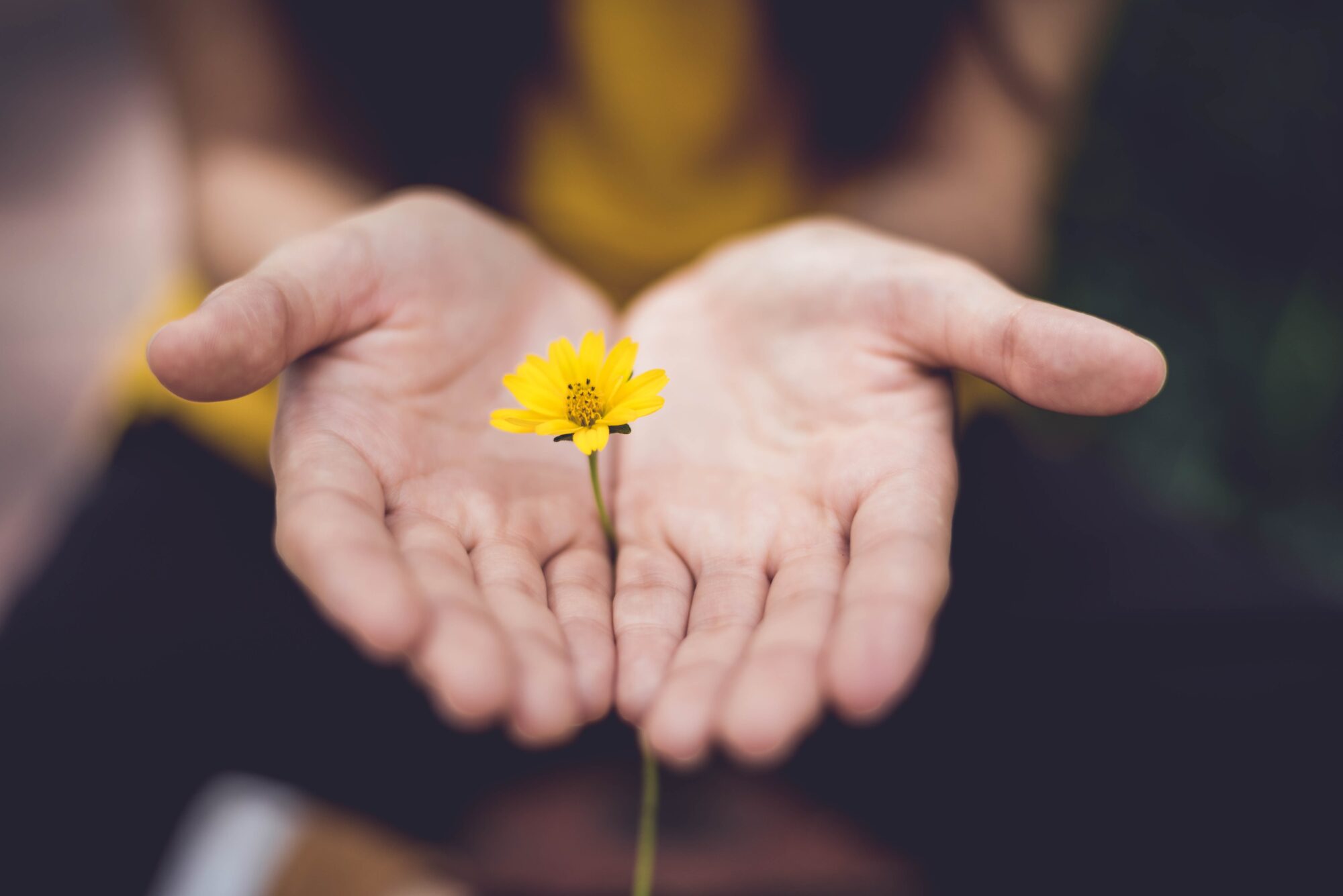Have you ever wondered if people pleasing is just a part of your personality or something you learned to do while growing up? The truth is, it’s more likely to be the latter. People pleasing is a survival strategy you may have adopted while navigating your environment when you were younger. It involves always prioritising the opinions and needs of others over your own, even to the extent of neglecting your well-being. This behaviour is so ingrained in your brain that it can be challenging to break free from, even when no one else is around.
The balance between internal and social validation is severely skewed, causing your brain to seek approval from others constantly. When trying to heal from this people-pleasing mentality, you may notice that you have acted like a social chameleon, adapting your behaviour and identity to fit in with those around you. You hold your tongue, avoid making waves, and constantly change your shape to fit the agendas of others.
Some individuals eager to please others may have developed this behaviour due to wanting to please their parents.
Imagine yourself as a newborn baby. As a helpless and tiny being, the only way you can communicate is by crying, to seek help and comfort from your parents. In attachment theory, parents are the home base and play a crucial role in making a child feel safe and secure. They are the headquarters where the child can trust that they will always be available, allowing them to venture out and confidently explore the world.
Children with secure attachments to their parents have a sense of security and comfort when faced with challenging situations. For example, if a child falls and gets hurt while playing, they will seek comfort and emotional support from their parent. Once the child feels better, they can continue playing, knowing their parent is always there for them. As we grow older, we face new and unfamiliar situations, and during these moments, we often seek comfort and guidance from our parents. As we explore the world and become more independent, we always have a place to call home and feel safe and secure. Through this process, we learn to trust the world around us and become confident, self-reliant adults.

However, sometimes, our parents cannot provide the safety and emotional support we require. This is especially true in cases of abuse, absence, or addiction. As a child, if you find yourself crying and seeking comfort from your parent, but they do any of the following things:
– Ignore you
– Invalidate your feelings
– Pretend not to hear you
– Yell at you
– Get angry at you for being upset
Then, you are not receiving the support you need to feel safe and secure.
What do you think that does to a child?
Another reason why we are vulnerable as children is because we rely entirely on our caregivers to provide us with the essentials of life. Our parents or guardians are our only source of food and shelter, so there is an internal conflict when the person we depend on to comfort us is also causing us pain. This can lead to attachment wounds. We learn to become people pleasers to get the attention we need to survive.
We learn that doing what our parents want is the only way to meet our needs. This coping mechanism helps us survive but can cause problems later in life. If we have a safe and secure home, we can be healthy, functioning children who enjoy playing and don’t worry about our parents. But if our home is chaotic or troubled by conflict, we may become hypervigilant and focus on our parents’ needs rather than our own. We may become empaths attuned to our parents’ feelings and needs to survive. We learn to read facial expressions and know what our parents feel by how they behave. Because survival is our top priority, we become super sensitive to our surroundings and our parents’ moods.

How can I break the people-pleasing habit even when I am aware of it?
If you constantly try to please others, try not to be too hard on yourself. It once served a purpose in your life. Instead, recognize that this behaviour results from a past pattern and say to yourself, “No, this is not my fault. I am just repeating a past behaviour that I had to adapt to survive.” By acknowledging this pattern, you can begin to break free from it.
Mindfulness
A lot of times, when we try to please others, we become overly focused on the outcome and how other people will perceive us. However, this mindset can actually prevent us from thoroughly enjoying the activity or task at hand. To combat this, practising mindfulness and paying attention to where our focus lies is essential.
The next time you begin a new activity or task, take a moment to reflect on your focus. Are you preoccupied with what others may think or feel about your performance? If so, try to redirect your attention to the present moment and the experience of the activity itself, whether it be cooking or working. By doing so, you can enhance your enjoyment and engagement in the task at hand.
Slow down decisions
When faced with a decision, the tendency to please others suddenly arises, as if it were a heavy obligation. For example, when someone presents a problem or asks for a favour, the instinct to overcompensate by offering direct help and solving the problem for them can take hold. It’s important to catch yourself in these moments, to notice the urge arising within you and to question the motivation behind the answer you are about to give. Why do you want to say yes or no to this request? Consider switching the fuel that drives your behaviour from pleasing others to doing something for yourself or for the sake of the thing itself.
Take care of yourself
If you tend to be a people-pleaser, you might perceive yourself as a good person. And if you possess a kind, caring, and giving nature, that’s great. However, the opposite of people-pleasing isn’t people-hating; it’s simply including yourself in the group of individuals you are kind and caring toward. It’s important to remember that you cannot take care of others if you don’t take care of yourself first. Therefore, ensure your needs are met before you offer to assist others.

Putting yourself first doesn’t mean you are putting others last. It just means you are creating a safe amount of distance so that you can love yourself and others simultaneously.
It’s all about balance.

